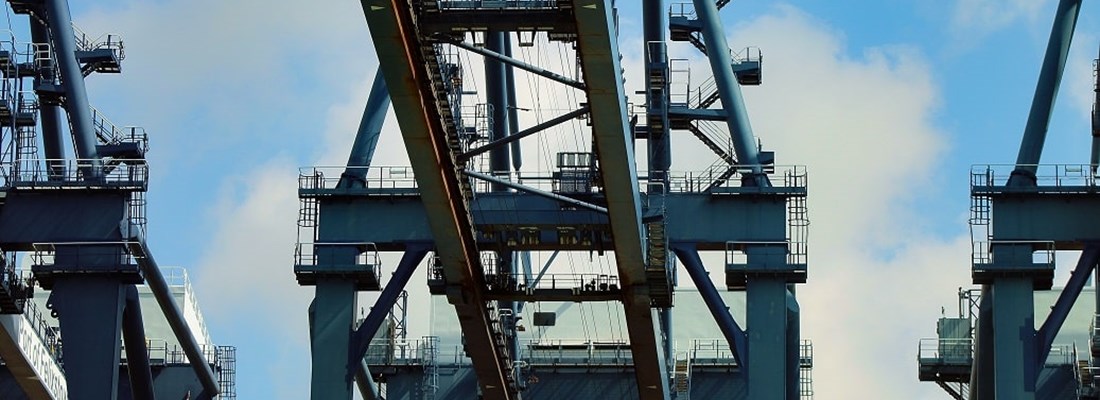What is a freeport?

How does a freeport work?
Freeports will also benefit from a range of customs measures. This allows imports to enter the Freeport custom sites with simplified customs documentation and delay paying tariffs.
This means that businesses operating inside designated areas in and around the port may manufacture goods using these imports, before exporting them again. All without paying the tariffs and benefit from simplified customs procedures.
Where will freeports be in the UK?
In March 2021, it was announced that, subject to completing the necessary authorisation processes, the following locations would become Freeports:
- East Midlands Airport
- Felixstowe & Harwich including the Port of Felixstowe and Harwich International Port
- Humber including parts of Port of Immingham
- Liverpool City Region including the Port of Liverpool
- Plymouth & South Devon including the Port of Plymouth
- Solent including the ports of Southampton, Portsmouth and Portsmouth International Port
- Thames including the ports at London Gateway and Tilbury
- Teesside including Teesside International Airport, the Port of Middlesbrough and the Port of Hartlepool
The Government remains committed to establishing at least one Freeport in each of Scotland, Wales and Northern Ireland as soon as possible.
‘Tax sites’ within Freeports will need to be approved and confirmed by the government. Businesses in these tax sites will be able to benefit from a number of tax reliefs.
- An enhanced 10% rate of Structures and Buildings Allowance for constructing or renovating non-residential structures and buildings within Freeport tax sites in Great Britain.
- An enhanced capital allowance of 100% for companies investing in plant and machinery for use in Freeport tax sites in Great Britain, once designated.
- Full relief from Stamp Duty Land Tax on the purchase of land or property used for a qualifying commercial purpose within Freeport tax sites in England, once designated.
- Full Business Rates relief in Freeport tax sites in England, once designated.
- An employer National Insurance contributions relief available for eligible employees in all Freeport tax sites.
Generally, these rules will run until 2026.




